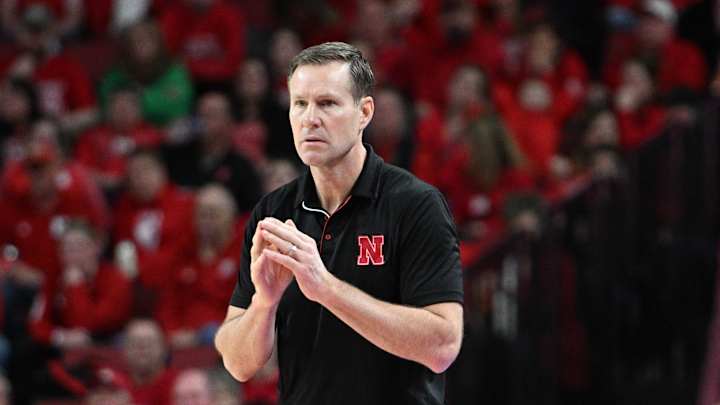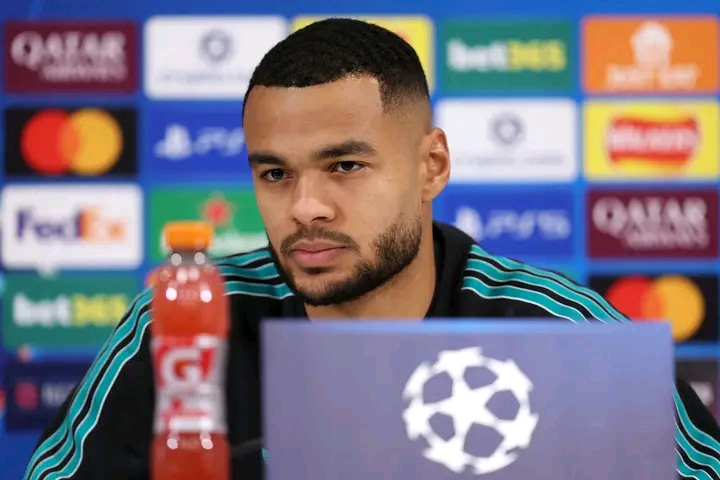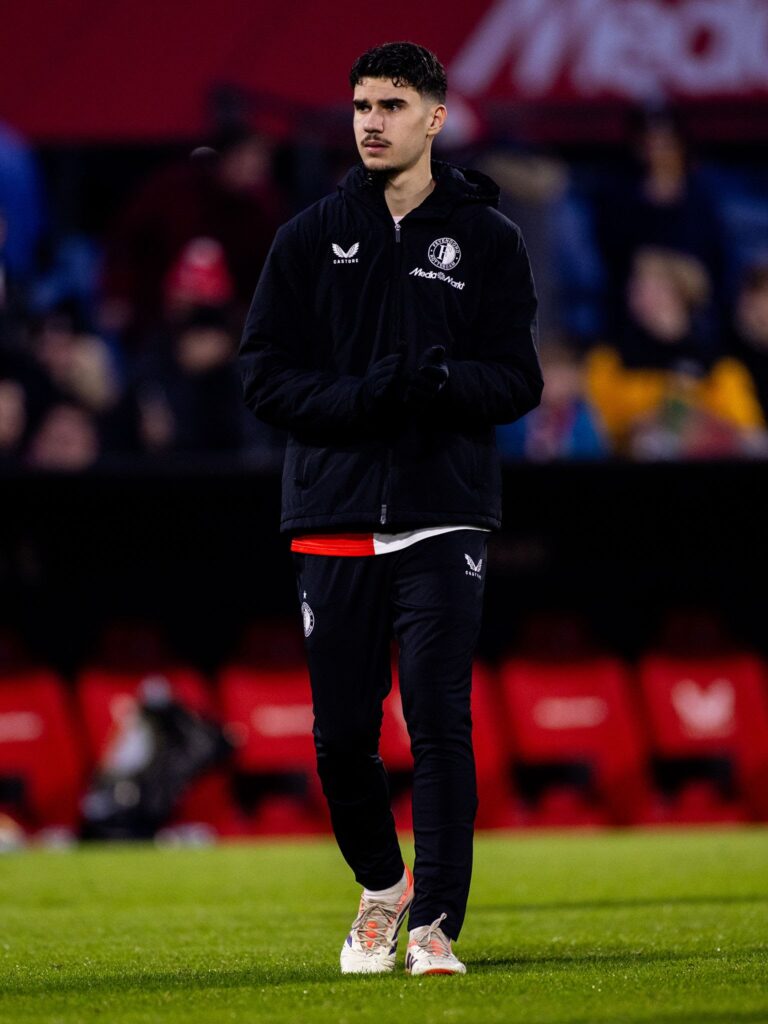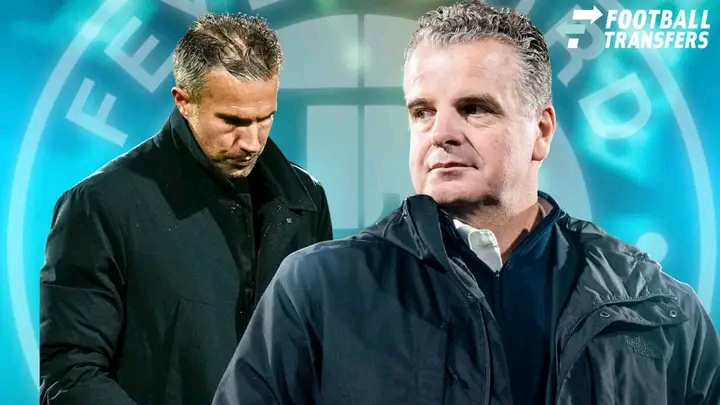
Nebraska Cornhuskers head basketball coach Fred Hoiberg has publicly expressed his opposition to potential actions being considered by the NCAA that could impact college basketball programs across the country. Hoiberg’s remarks come amid ongoing discussions within the NCAA about proposed changes to rules and regulations that many coaches and programs view as controversial or detrimental to the sport.
Hoiberg, who took over the Nebraska basketball program with the goal of revitalizing the team and elevating its competitive standing, has been outspoken in defending the interests of coaches and student-athletes alike. His concerns center around proposed NCAA measures that could alter recruiting practices, scholarship allocations, or transfer rules in ways he believes may unfairly disadvantage certain programs or hinder player development.
In recent interviews, Hoiberg highlighted the importance of stability and fairness in college basketball’s evolving landscape. “We need to make sure that any changes put the student-athlete first, while also respecting the work coaches do to build successful teams,” he said. “Some of the proposals I’ve seen seem rushed or not fully thought through, and I worry about the unintended consequences.”
The NCAA has been grappling with numerous challenges, including the transfer portal’s increased activity, NIL (Name, Image, Likeness) regulations, and competitive balance concerns. Hoiberg’s opposition adds to a growing chorus of voices from coaches and athletic directors who advocate for a measured approach that protects the integrity of the game while adapting to new realities.
Nebraska’s coach also emphasized the unique challenges faced by mid-major programs and those outside traditional power conferences. “Not every program has the resources of the blue-bloods, so blanket policies can sometimes hurt the little guy,” Hoiberg explained. “We need to ensure that the NCAA considers all perspectives before moving forward.”
While Hoiberg supports reforms aimed at improving player welfare and transparency, he stresses the need for collaboration among all stakeholders. His stance encourages dialogue between coaches, administrators, players, and NCAA officials to craft policies that balance growth and fairness.
Nebraska’s basketball program has seen progress under Hoiberg’s leadership, with improvements in recruitment and on-court performance. However, the coach remains focused on navigating the broader changes shaping college basketball. His public comments on the NCAA’s potential actions highlight the tension between tradition and innovation within the sport.
As the NCAA continues to evaluate proposals and gather feedback, the debate around regulation reforms is expected to intensify. Hoiberg’s opposition represents a significant perspective that could influence the direction of policy decisions affecting programs nationwide.
For Nebraska and its supporters, having a coach willing to advocate for their interests amid a shifting landscape provides reassurance. The coming months will be critical in determining how the NCAA balances evolving demands with preserving the competitive spirit of college basketball — a challenge Hoiberg is clearly prepared to engage with.






